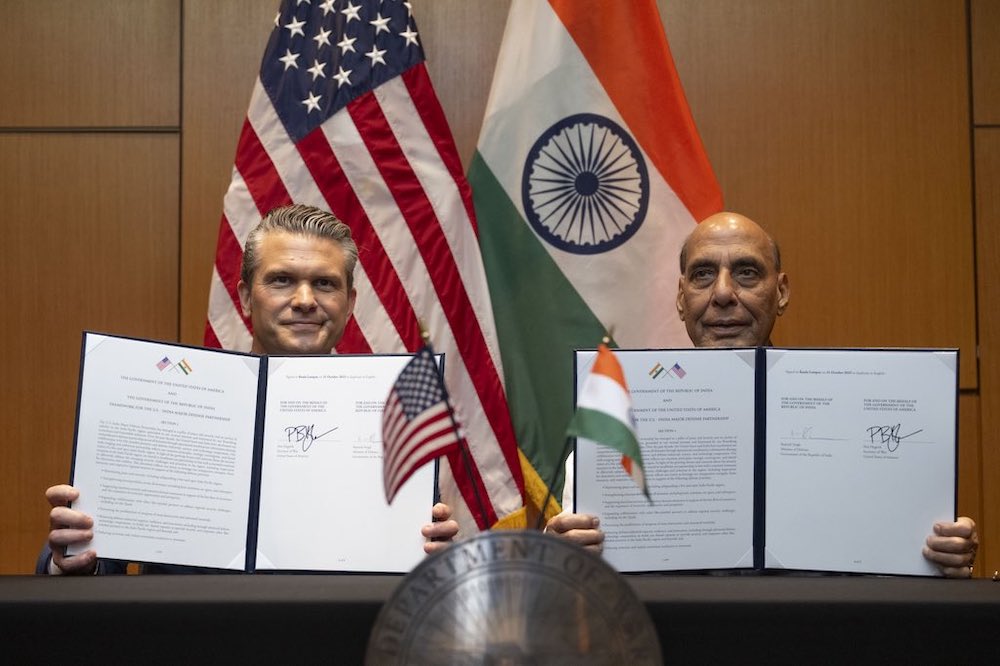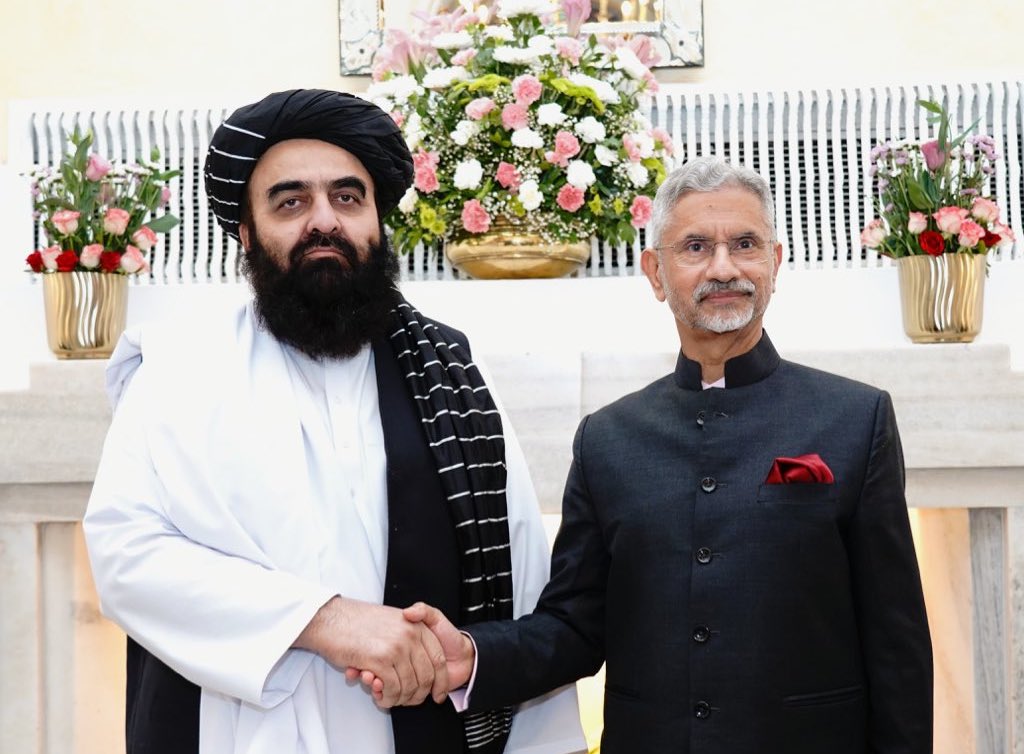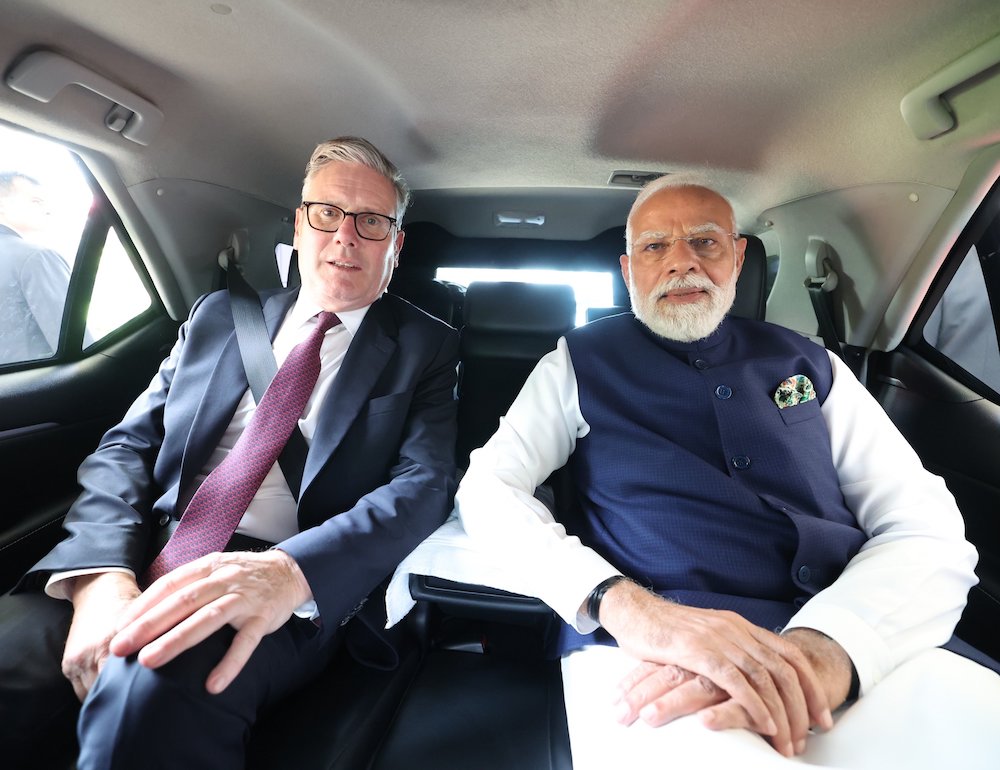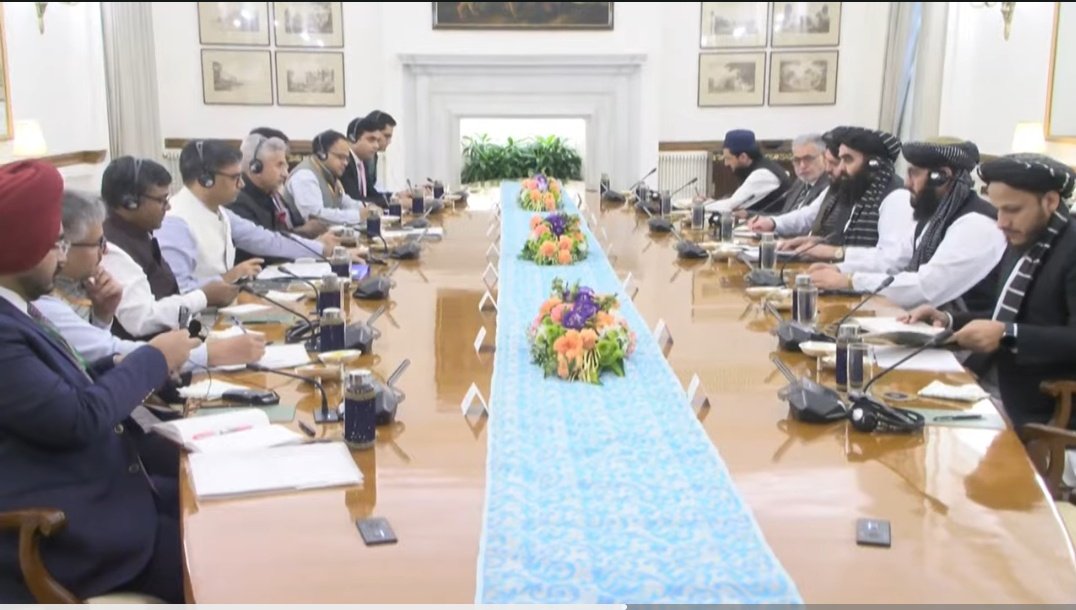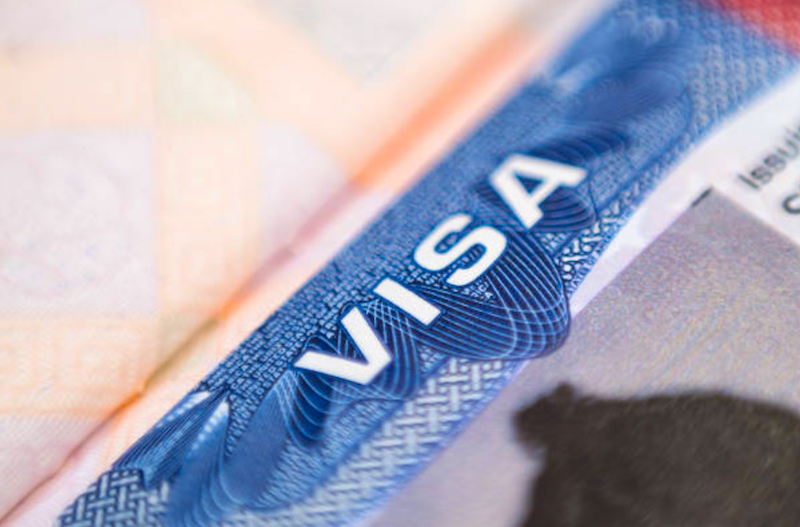
New Delhi: Several Indian men have found themselves caught in the crossfire of the Ukraine war, lured by promises of lucrative jobs in Russia only to be deceived and forced into combat. These stories, emerging from different corners of India, highlight the dangers of misinformation and the complexities of navigating global political conflicts.
Four men from Karnataka and Telangana allege they were tricked by a Dubai-based recruitment agency into believing they were hiring for posts of security guard in the Russian army. However, upon arrival in Russia, they were stripped of their passports, coerced into signing contracts, and ultimately thrust onto the frontlines in Ukraine. Their desperate pleas for help reached Indian media outlets, prompting immediate action from the foreign ministry.
The ministry acknowledged the reports and confirmed their engagement with the Russian embassy in India, seeking clarification and assistance in repatriating the men. Highlighting the ongoing diplomatic efforts, the foreign ministry spokesman, Randhir Jaiswal, said, “The embassy is in touch with the families and is providing all possible assistance.”
Meanwhile, concerns are mounting about the potential scale of this issue. News reports suggest similar cases involving Nepali citizens, raising questions about the extent of recruitment networks and the vulnerability of individuals seeking better opportunities abroad. Experts warn of the dangers of misinformation campaigns and the allure of seemingly quick fixes, especially for those facing economic hardship.
The incident also underscores the delicate geopolitical situation India finds itself in. Maintaining neutrality in the Ukraine war while upholding its citizens’ safety presents a complex balancing act. The foreign ministry’s cautious but firm approach reflects this, prioritizing the rescue of Indian nationals while avoiding actions that could be interpreted as partisan.
According to observers, the Indian government’s response will be closely watched, not only for its impact on these individuals but also for its broader implications for India’s foreign policy and its citizens’ safety in the face of global turmoil.





